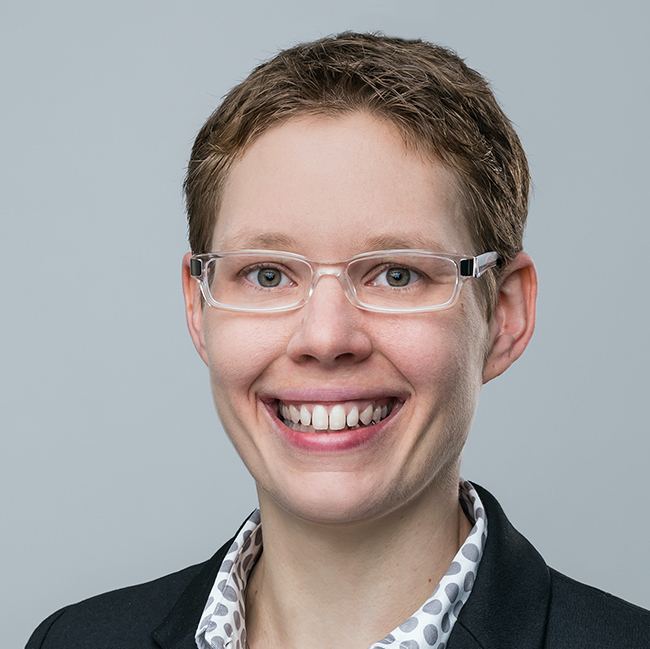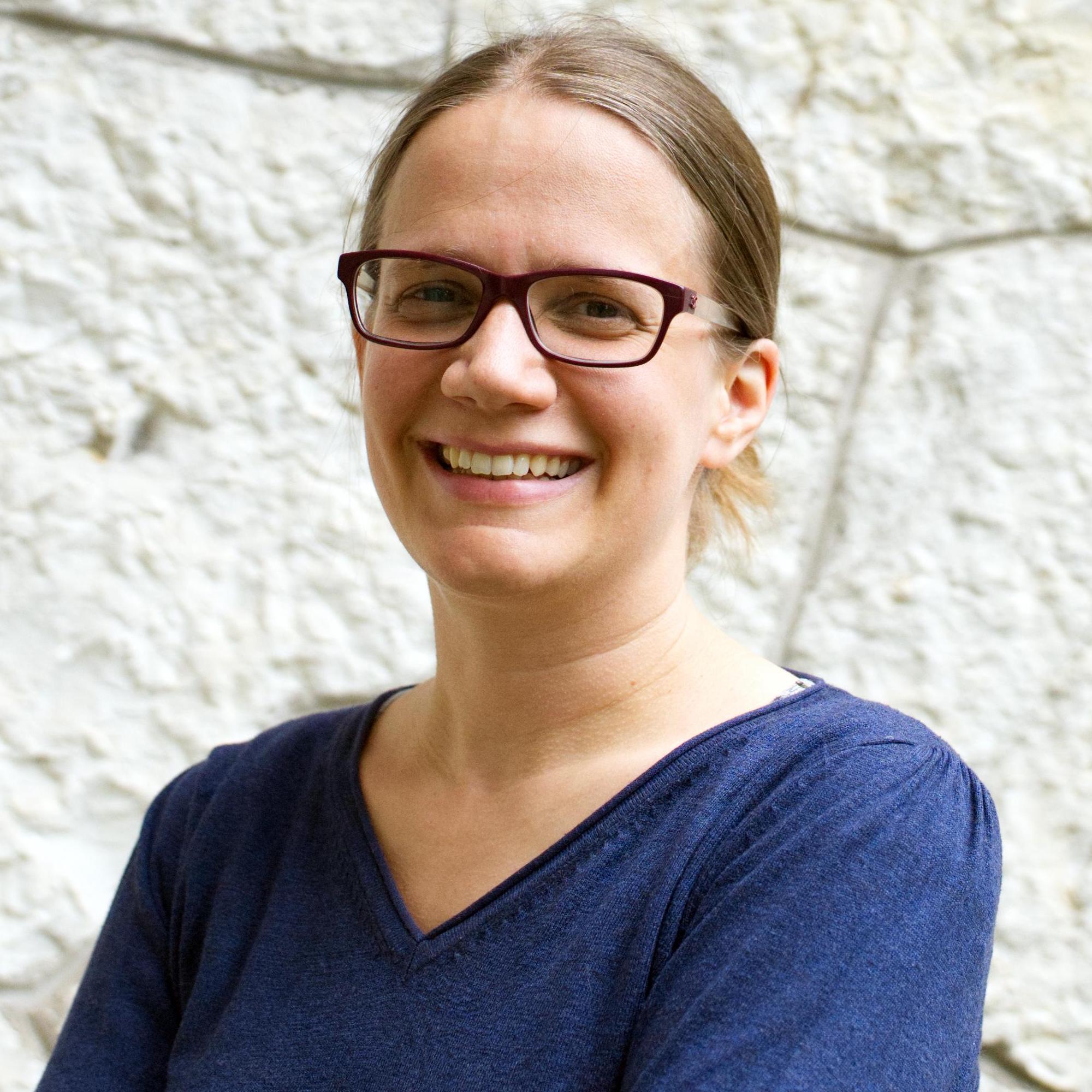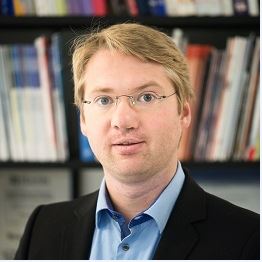Philosophy

Prof. Dr. Ulla Wessels
Principal Investigator
Ulla Wessels is Professor of Practical Philosophy at Saarland University. She works in several areas of practical philosophy, mainly in theoretical and applied ethics: on practical reasoning, welfare, the value of life and societal desiderata for intelligent systems.

Prof. Dr. Lena Kästner
Principal Investigator & Project Lead
Lena Kästner is Professor of Philosophy, Informatics, and Artificial Intelligence at the University of Bayreuth. She works in philosophy of mind and philosophy of science. Her background is in cognitive science and neuroscience. Her main research foci are scientific explanations and discovery, causation and causal reasoning, models of mental disorders, and explainable AI.

Prof. Dr. Eva Schmidt
Principal Investigator
Eva Schmidt is Professor of Theoretical Philosophy at TU Dortmund. She works in epistemology, the philosophy of action, and philosophy of mind. Her main interests are epistemic reasons and reasons for action; explainable artificial intelligence; and the epistemology and nature of perception.

Dr. Kevin Baum
Associated Researcher
Kevin Baum is a philosopher (M.A.) and computer scientist (M.Sc.). His research interests are normative ethics, applied ethics (especially computer ethics), and logic. He is pursuing a Ph.D. in philosophy on the problem of collective action for act-consequentialism, and in computer science on the connection between machine explainability and machine ethics.

Dr. Astrid Schomäcker
Postdoctoral Researcher & Project Coordinator
Dr. Astrid Schomäcker is a philosopher with additional training in the cognitive sciences. In her PhD-thesis she worked on conceptual change and the Hard Problem of consciousness. Her research interests include conceptual developments, implicit biases and the interplay between technology and human autonomy.

Dr. Timo Speith
Postdoctoral Researcher
Timo Speith is a philosopher (B.A.) and computer scientist (M.Sc.). His research interests are philosophy of science, applied ethics (especially machine ethics), metaphysics, and ancient philosophy. He is pursuing a Ph.D. in philosophy on the connection between machine ethics and machine explainability.

Sara Mann
PhD Student

Sarah Sterz
Associated Researcher
Sarah Sterz is a computer scientist (B.Sc.) and philosopher (M.A.). Her research interests include decision theory, rationality, and ethics (especially computer ethics), but also logic, argumentation theory, and philosophy of language. Sarah’s PhD-project is about the normativity of rationality.

Barney Crook
PhD Student
Barney Crook is a philosopher (M.A.). He is interested in the philosophy of cognitive science and the philosophy of biology; especially in how inquiry and explanation work in those domains. His PhD project concerns the use of machine learning models in explanations of cognitive phenomena.

Thorsten Helfer
PhD Student
Thorsten Helfer is a philosopher (M.A.). His research interests include theories of well-being, ethics, rationality and normativity in general, but he has also a keen interest in logic and argumentation theory.
Thorsten’s PhD-project is about the concept of desires and theories of well-being.

Daniel Oster
PhD Student
Daniel Oster was a philosopher. His research interests included philosophy of science, philosophy of language and logic, and epistemology. Daniel was especially interested in machine explainability and the ethical implications of the use of artificial systems. He is sorely missed.
IT Law

Prof. Dr. Georg Borges
Principal Investigator

Dr. Andreas Sesing
Postdoctoral Researcher
Andreas Sesing is a lawyer and research associate at the Institute for Legal Informatics at Saarland University. His research area is civil law, his special research interests include in particular the legal handling of new technologies – both with regard to the application of the law and to further regulation.

PD Dr. Bernd Scholl
Habilitated researcher
Bernd Scholl is a lawyer and business economist. He is research associate at the Institute for Legal Informatics at Saarland University. His research areas include civil law, commercial, economic and banking law, as well as the law of artificial intelligence.

Dr. iur. Afolabi Oluwatomiwa Adekemi
Postdoctoral Researcher
Afolabi Adekemi is a lawyer and a Research Associate at the Institute for Legal Informatics at Saarland University. His current research examines emerging global regulations in the field of artificial intelligence (AI), with a particular focus on AI governance developments in the European Union.
Computer Science

Prof. Dr. Holger Hermanns
Principal Investigator
Holger Hermanns is Professor of Computer Science at Saarland University. His research interests include perspicuous computing systems and proactive algorithmic accountability, as well as modelling and verification, energy informatics and space informatics.

Dr. Kevin Baum
Associated Researcher
Kevin Baum is a philosopher (M.A.) and computer scientist (M.Sc.). His research interests are normative ethics, applied ethics (especially computer ethics), and logic. He is pursuing a Ph.D. in philosophy on the problem of collective action for act-consequentialism, and in computer science on the connection between machine explainability and machine ethics.

Dr. Timo Speith
Postdoctoral Researcher
Timo Speith is a philosopher (B.A.) and computer scientist (M.Sc.). His research interests are philosophy of science, applied ethics (especially machine ethics), metaphysics, and ancient philosophy. He is pursuing a Ph.D. in philosophy on the connection between machine ethics and machine explainability.

Sarah Sterz
Associated Researcher
Sarah Sterz is a computer scientist (B.Sc.) and philosopher (M.A.). Her research interests include decision theory, rationality, and ethics (especially computer ethics), but also logic, argumentation theory, and philosophy of language. Sarah’s PhD-project is about the normativity of rationality.

Dr. Hanwei Zhang
Postdoctoral Researcher
Psychology

Prof. Dr. Markus Langer
Principal Investigator
Markus Langer is an Industrial and Organizational Psychologist with an interdisciplinary focus on the areas of psychology and computer science. His research interests cover the relation of humans and artificial intelligence in contexts such as human resource management or medicine, explainable AI, trust in AI, and hybrid human-AI decision making.

Veronika Lazar
PhD Student
Veronika Lazar graduated in Industrial and Organizational Psychology (M.Sc.). Her research interests include human-AI interaction, explainability of artificial intelligence and effects of explainability approaches but also trust in AI and reactions to algorithm-based decision making.

Tim Hunsicker
PhD Student
Tim Hunsicker is an Industrial and Organizational Psychologist. His research interests include human-AI-interaction in different use contexts, explainable artificial intelligence, trust in AI, and the dynamics of psychological effects in the context of AI-based systems and explainability.

Felix Kares
PhD Student
Felix Kares graduated in Industrial and Organizational Psychology (M.Sc.). His research interests include human-AI interaction, explainability of artificial intelligence, trust in AI as well as antecedents of and reactions to algorithm-based decision-making in high-stakes contexts such as HR, politics or medicine.
